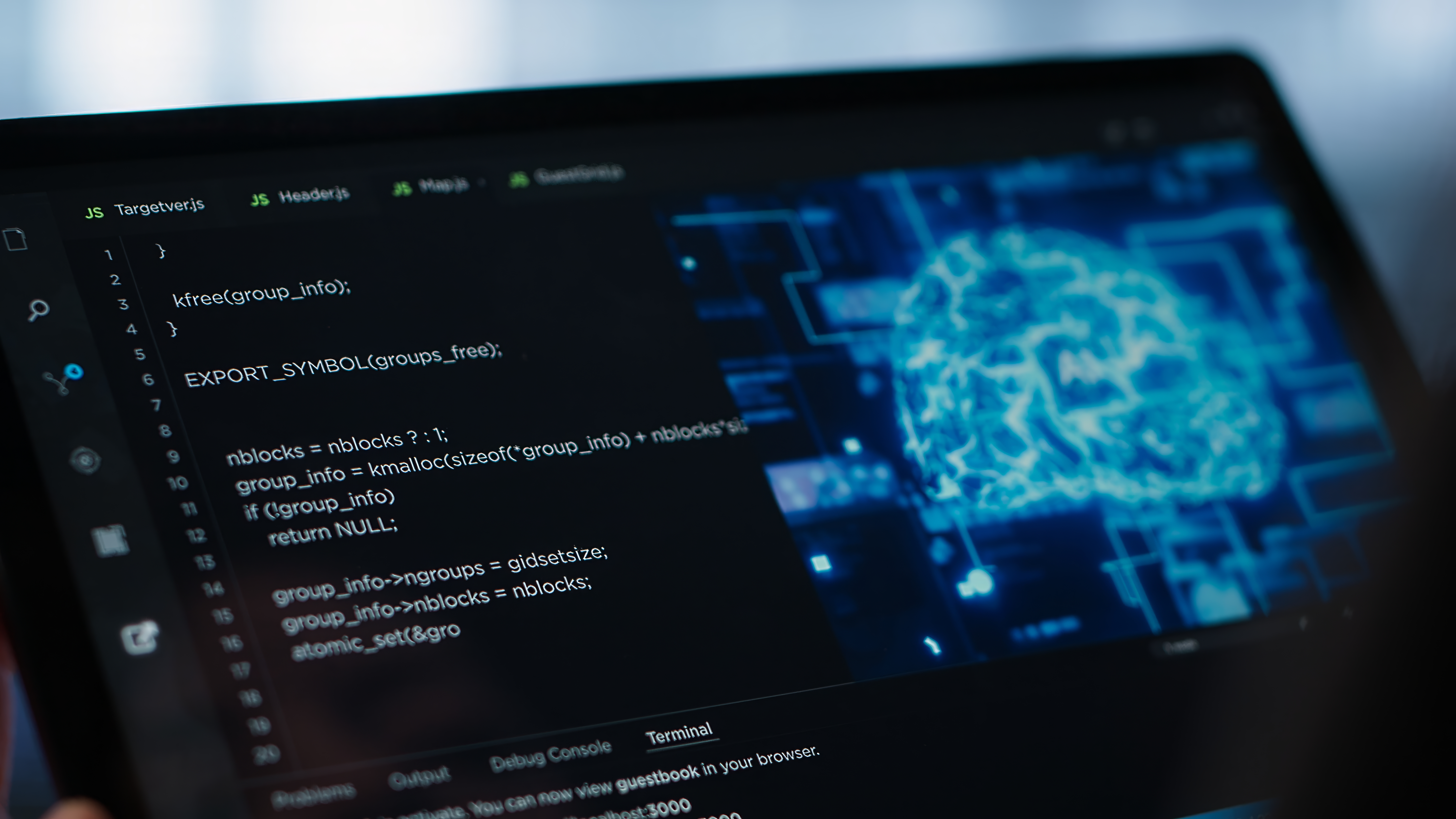OpenAI is supporting the production of Critterz, an AI-assisted animated film set for a global theatrical release in 2026. The project aims to show that AI can streamline filmmaking, cutting costs and production time.
Partnering with Vertigo Films and Native Foreign, the film is being produced in nine months, far faster than the usual three years for animated features.
The film, budgeted under $30 million, combines OpenAI’s GPT-5 and DALL·E with traditional voice acting and hand-drawn elements. Building on the acclaimed 2023 short, Critterz will debut at the Cannes Film Festival and expand on a story where humans and AI creatures share the same world.
Writers James Lamont and Jon Foster, known for Paddington in Peru, have been brought in to shape the screenplay.
While producers highlight AI’s creative potential, concerns remain about authenticity and job security in the industry. Some fear AI films could feel impersonal, while major studios continue to defend intellectual property.
Warner Bros., Disney, and Universal are in court with Midjourney over alleged copyright violations.
Despite the debate, OpenAI remains committed to its role in pushing generative storytelling. The company is also expanding its infrastructure, forecasting spending of $115 billion by 2029, with $8 billion planned for this year alone.
Would you like to learn more about AI, tech and digital diplomacy? If so, ask our Diplo chatbot!










